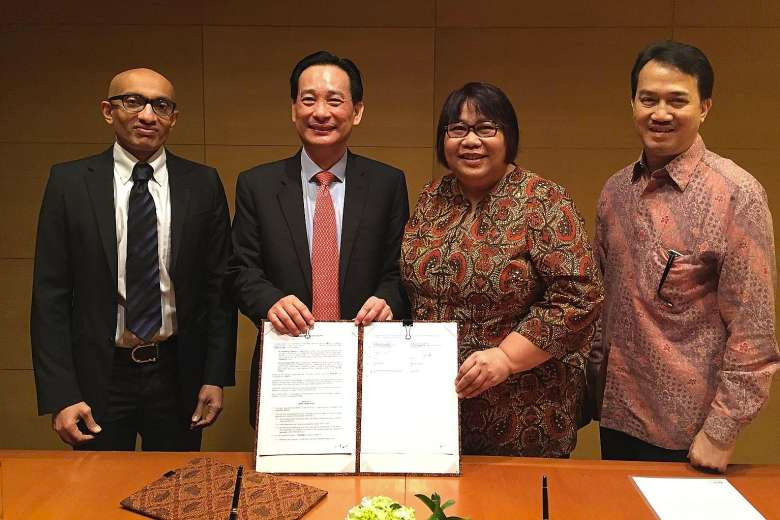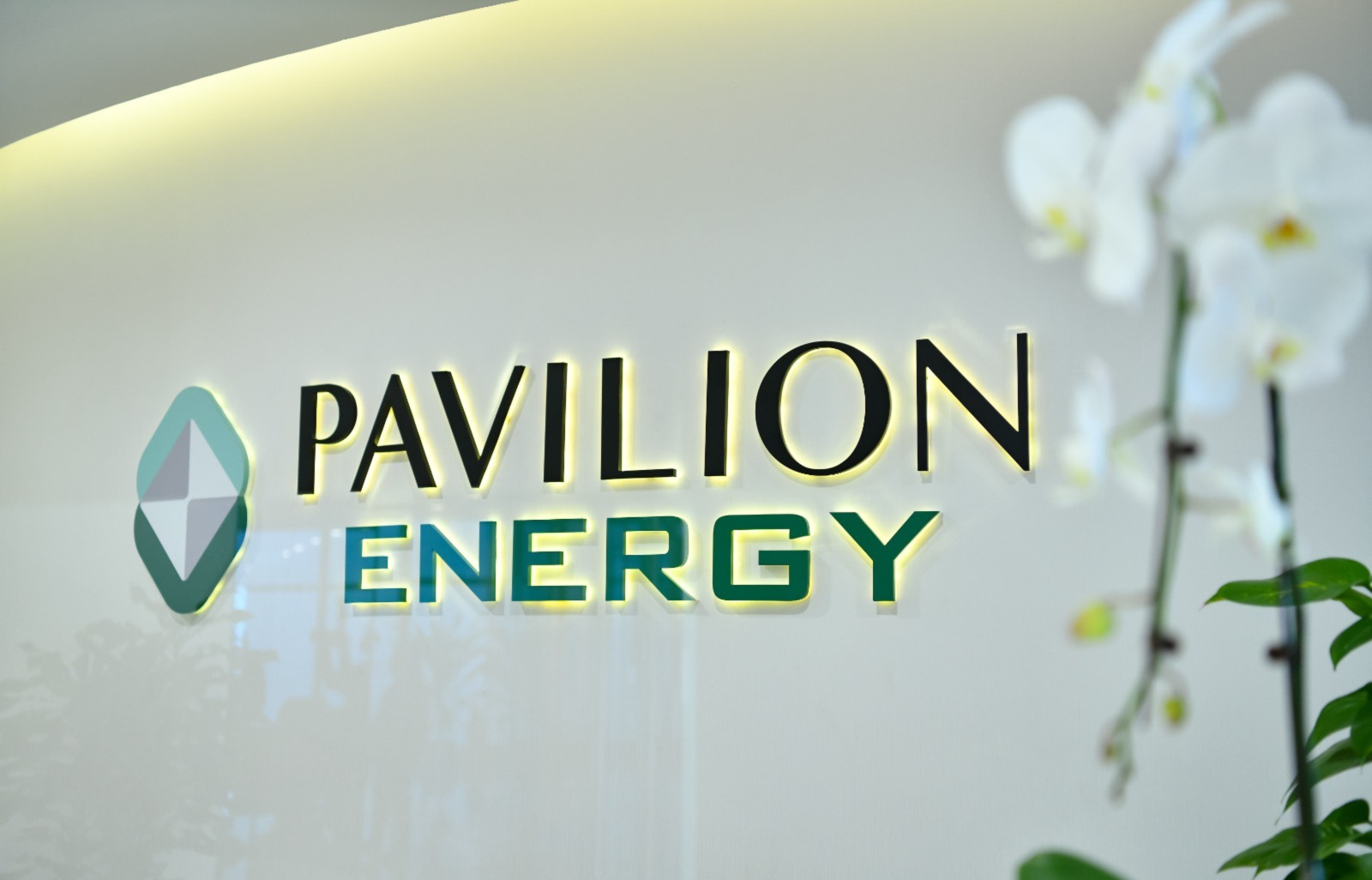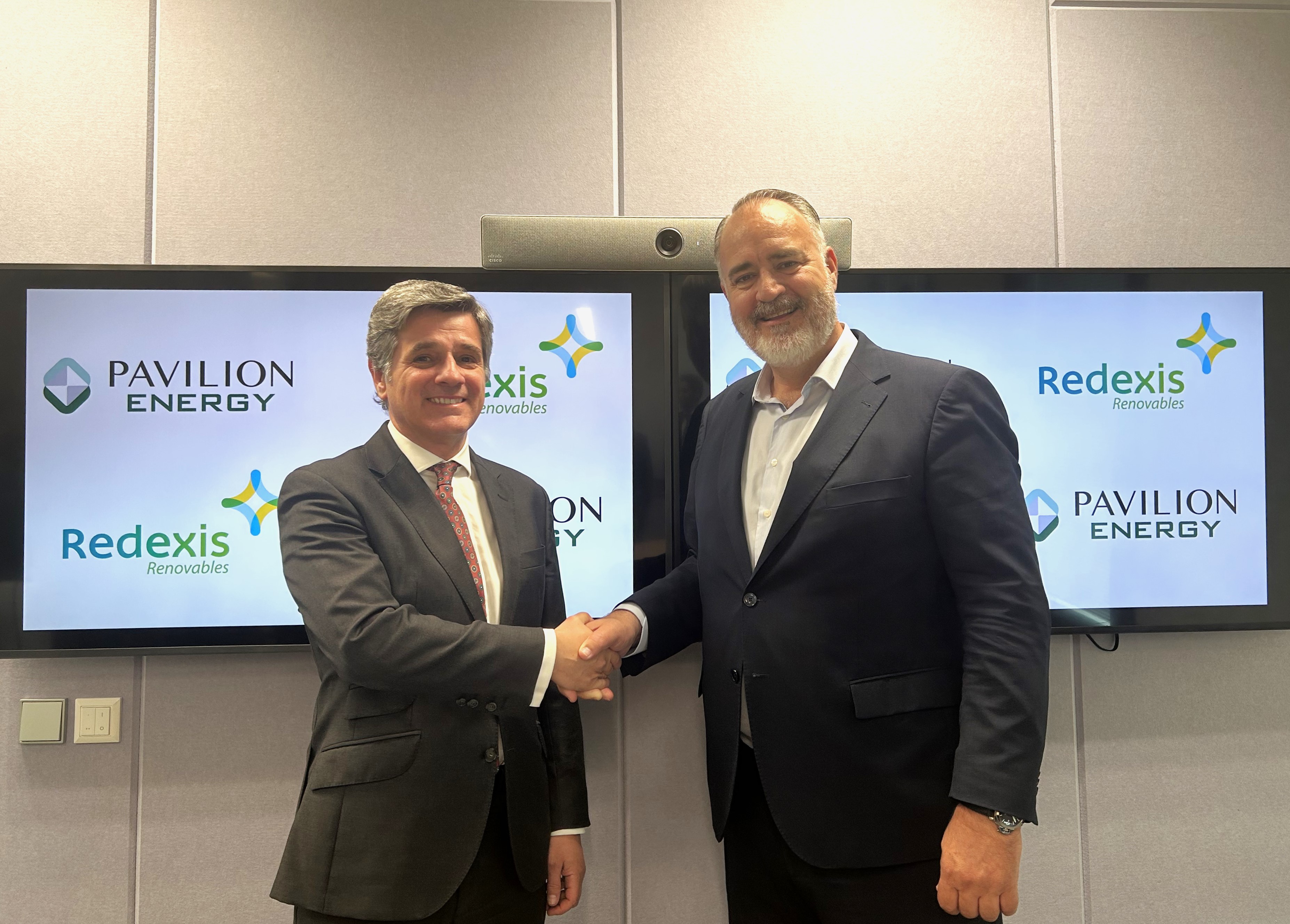 Pavilion Energy, Pertamina ink MOU on energy projects
Pavilion Energy, Pertamina ink MOU on energy projectsTemasek-backed liquefied natural gas (LNG) company Pavilion Energy signed an agreement with Indonesian state-owned oil and gas giant Pertamina yesterday to collaborate on energy projects.
The memorandum of understanding includes exploring opportunities in small-scale LNG developments in South-east Asia as well as joint marketing, trading, procurement and investment.
The agreement comes a year after Pavilion Energy said it plans to develop smaller LNG projects in the region, which are seen as a cost-effective way of making natural gas available to users not connected to pipeline networks.
Industry players have noted that such solutions would be ideal for Indonesia, which has the potential and ambition to become the most important small-scale LNG market in Asia, with its archipelago of 14,000 islands and a population of about 250 million.
While Indonesia has no capacity to split up large-scale LNG shipments into smaller parcels to be distributed - known as break-bulking - industry analysts say that it has found an alternative recently. This allows it to package its LNG directly into smaller parcels.
Meanwhile, Singapore remains among the first in the region to embark on capacity building in break-bulking.
That said, the broader LNG market has been faced with slowing demand amid a supply glut, with spot prices in Asia down by about 60 per cent since September 2014.
Mr Abache Abreu, Asia LNG editor at S&P Global Platts, told The Straits Times: "Almost 15 million metric tons of new LNG supply have emerged in the Asia-Pacific region in the year ended July 2016, and (other) new projects will continue to ramp up production into 2017, so we do not see any clear bullish factor driving up the market in the next year or so."
But he added that most of the demand over the next three years will continue to come from emerging economies, including those in South-east Asia, while the traditional markets of North-east Asia could see demand bounce back from 2018. "Also, end users in this region are growing more and more confident in the short-term markets, as growing cargo liquidity makes supply security less of a concern for buyers, while downstream deregulation and growing competition forces them to look at more efficient ways of securing their LNG," added Mr Abreu.
Pavilion Energy group chief executive Seah Moon Ming told an energy conference late last year that the long-term outlook for LNG "remains positive".
"As countries and governments have realised the importance of balancing economic and environmental objectives, global LNG demand would eventually rise," he said.
"Asia plays an important role in the global demand for LNG due to an increase in population, urbanisation of cities and development of Infrastructure. I see that the global economy will shift favourably towards Asia."






